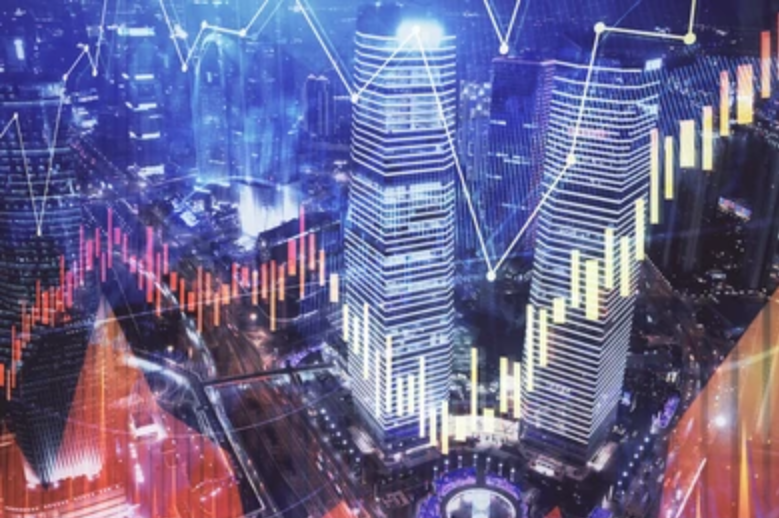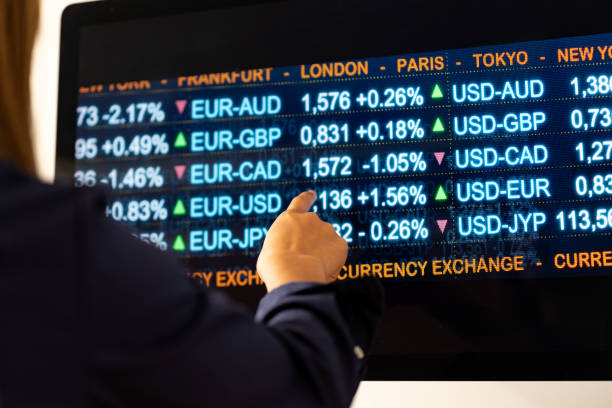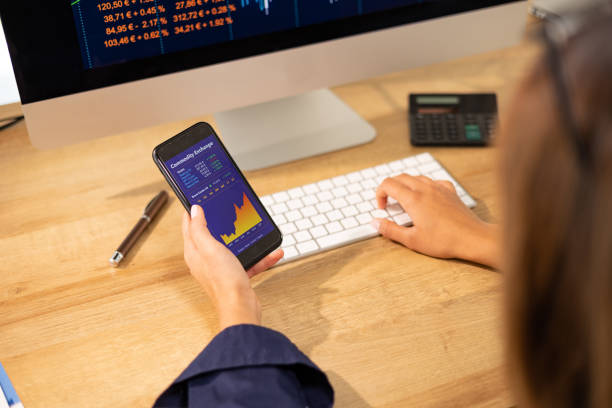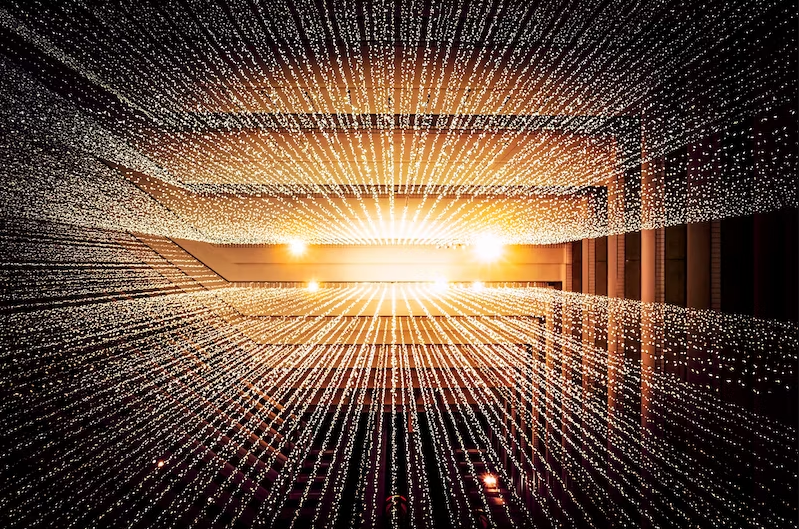What are the trading systems for futures?
Trading systems for futures are methods or strategies that traders use to buy and sell futures contracts on various assets, such as commodities, currencies, indices, and stocks. Trading systems for futures can be based on technical analysis, fundamental analysis, or a combination of both. Trading systems for futures can also be classified into two main types: discretionary and mechanical.
Discretionary trading systems
Discretionary trading systems are trading systems that rely on the trader’s judgment and intuition to make trading decisions. Discretionary traders use various tools and indicators, such as charts, patterns, trends, signals, and news, to analyze the market and identify trading opportunities. However, discretionary traders also have the flexibility and adaptability to adjust their trading rules and parameters according to the changing market conditions and their personal preferences.
Discretionary trading systems have some advantages, such as:
l They can capture the nuances and complexities of the market that may not be captured by mechanical trading systems.
l They can exploit the market inefficiencies and anomalies that may not be detected by mechanical trading systems.
l They can avoid the pitfalls and drawbacks of mechanical trading systems, such as curve-fitting, over-optimization, and system degradation.
However, discretionary trading systems also have some disadvantages, such as:
l They require a high level of skill, experience, and discipline from the trader.
l They are prone to human errors and biases, such as emotions, greed, fear, and overconfidence.
l They are difficult to backtest, evaluate, and improve objectively and systematically.
Mechanical trading systems
Mechanical trading systems are trading systems that follow a set of predefined and fixed rules and parameters to make trading decisions. Mechanical traders use various algorithms, models, and formulas, such as moving averages, oscillators, breakouts, and trend-following, to generate trading signals and execute trades automatically or semi-automatically. Mechanical traders do not rely on their judgment or intuition, but rather on the logic and consistency of their trading systems.
Mechanical trading systems have some advantages, such as:
l They can eliminate the human errors and biases that may affect discretionary trading systems.
l They can provide a clear and objective framework and structure for trading.
l They can be backtested, evaluated, and improved quantitatively and systematically.
However, mechanical trading systems also have some disadvantages, such as:
l They may not capture the nuances and complexities of the market that may be captured by discretionary trading systems.
l They may not exploit the market inefficiencies and anomalies that may be detected by discretionary trading systems.
l They may suffer from the pitfalls and drawbacks of mechanical trading systems, such as curve-fitting, over-optimization, and system degradation.
Conclusion
Trading systems for futures are methods or strategies that traders use to buy and sell futures contracts on various assets. Trading systems for futures can be based on technical analysis, fundamental analysis, or a combination of both. Trading systems for futures can also be classified into two main types: discretionary and mechanical. Discretionary trading systems rely on the trader’s judgment and intuition, while mechanical trading systems follow a set of predefined and fixed rules and parameters. Both types of trading systems have their own advantages and disadvantages, and traders should choose the one that suits their trading style, objectives, and risk tolerance.
How do futures traders review their trading?
Futures trading is a form of financial speculation that involves buying and selling contracts that represent the future delivery of an asset, such as a commodity, a currency, an index, or a stock. Futures traders aim to profit from the price movements of the underlying asset, without actually owning
Futures night trading hours
Futures are contracts that obligate the buyer or seller to exchange an asset or commodity at a specified future date and price. They are used for hedging, speculation, and arbitrage purposes in the global market. Futures can be based on various underlying assets, such as currencies, commodities, ind
How can futures efficiently increase the success rate of intraday trading?
Intraday trading is a form of trading that involves buying and selling securities within the same trading day, without holding any positions overnight. Intraday traders aim to profit from the short-term price fluctuations of the market, using various tools and strategies to analyze and execute trade
What are the factors that can affect how much money can be made in futures?
Futures trading is a form of financial speculation that involves buying and selling contracts that represent the future delivery of an asset, such as a commodity, a currency, an index, or a stock. Futures traders aim to profit from the price movements of the underlying asset, without actually owning








